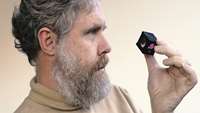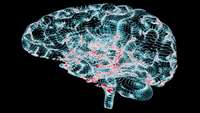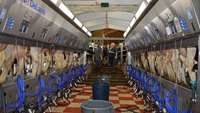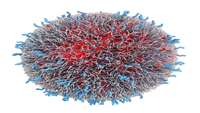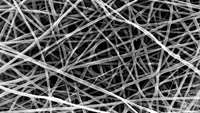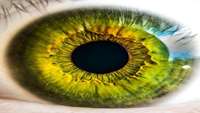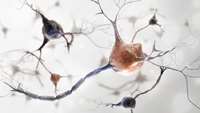Reversed Aging, Pig Organs, and the Future of Humankind
For a man playing God, George Church certainly looks the part. Over the past 45 years, the Harvard geneticist and his bushy white beard have published hundreds of papers and earned dozens of patents expanding our ability to read, write, and edit DNA, the code of life.
Kymriah and Yescarta recommended for EU approval
The European Medicines Agency (EMA; London, UK) has recommended marketing authorizations for two chimeric antigen receptors (CAR)-T cell therapies, Kymriah (tisagenlecleucel) and Yescarta (axicabtagene ciloleucel), in a Europe first.
Novel, stem cell-based model mimics mechanisms of Alzheimers disease
Scientists in Dresden, Germany, have been successful in mimicking mechanisms of Alzheimers disease in a novel, stem cell-based model system that reproduces features of human brain tissue.
Mammary stem cells challenge costly bovine disease
Mastitis is the most expensive disease in the dairy industry. Each clinical case can cost a dairy farmer more than $400 and damages both the cows future output as well as her comfort.
Nanoparticles open doors to cancer-fighting CAR T cells
The researchers studded the surface of the liposome nanoparticles with circular, lasso-like tumor-targeting molecules that helped pull the nanoparticles inside the tumors.
Stem Cells Renew Heart Function in Primates with Cardiac Failure
Researchers at the University of Washington, Seattle, have used human embryonic stem cell–derived cardiomyocytes (hESC-CMs) to restore heart function in macaque monkeys with heart failure.
Donor variation and optimization of human mesenchymal stem cells chondrogenesis in hyaluronic acid
Mesenchymal stem cells (MSCs) are an attractive cell type for cartilage repair that can undergo chondrogenesis in a variety of three dimensional (3D) scaffolds. Hyaluronic acid (HA) hydrogels provide a biologically relevant interface for cell encapsulation.
Hybrid graphene-ceramic nanofibre network for spontaneous neural differentiation of stem cells
A challenge in regenerative medicine is governed by the need to have control over the fate of stem cells that is regulated by the physical and chemical microenvironment in vitro and in vivo. The differentiation of the stem cells into specific lineages is commonly guided by use of specific culture media.
UCI Researcher Receives CIRM Funding for Stem Cell-Based Retina Therapy to Treat Blindness
University of California, Irvine stem cell researcher Magdalene J. Seiler, PhD, has received a $4.8 million grant from the California Institute of Regenerative Medicine (CIRM) to continue developing a stem cell-based therapy for a vision-robbing eye disease, retinitis pigmentosa. The therapy may also be applicable to macular degeneration.
Safer Way of Stimulating Neural Stem Cells for Therapies and Research Developed
A new device that can increase the production of viable neural stem cells may change the landscape of neural stem cell therapies as potential strategies for neurodegenerative and chronic diseases, including Parkinson’s and Alzheimer’s.


